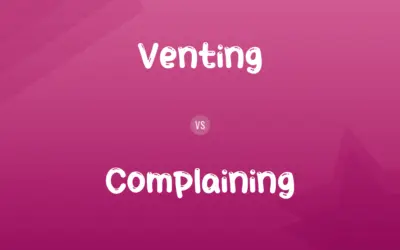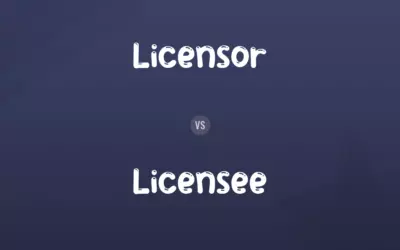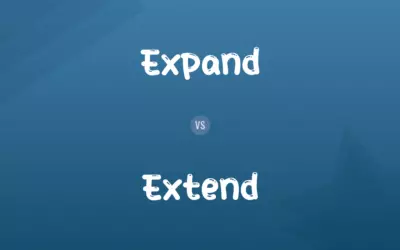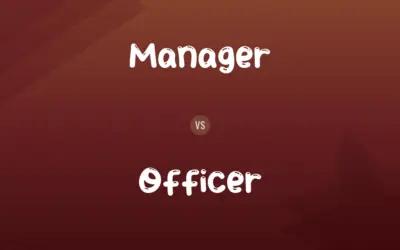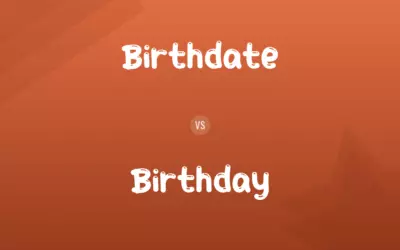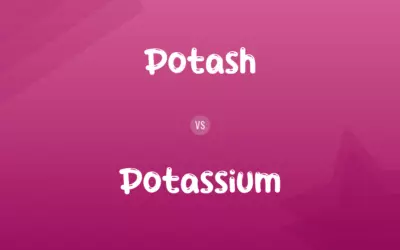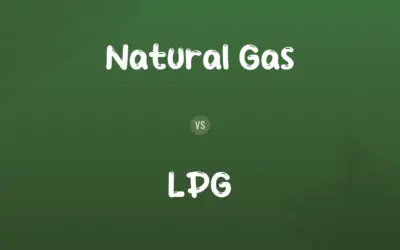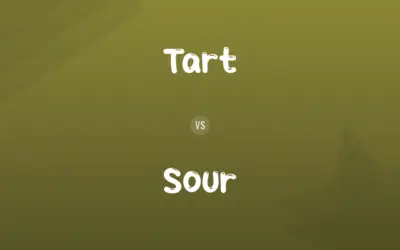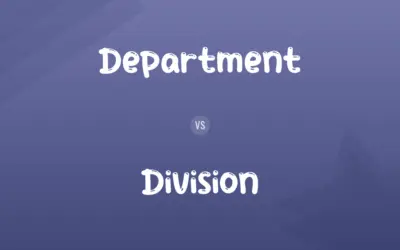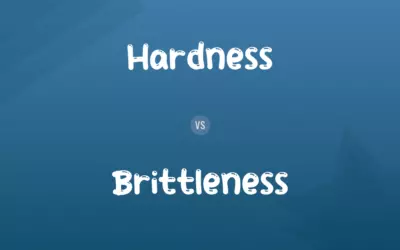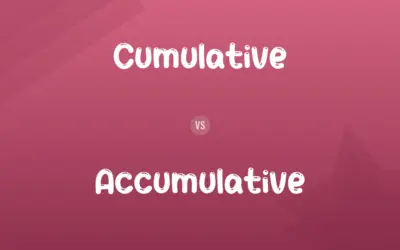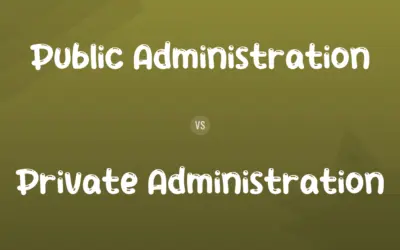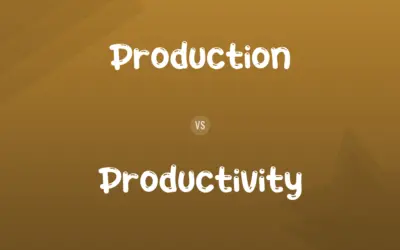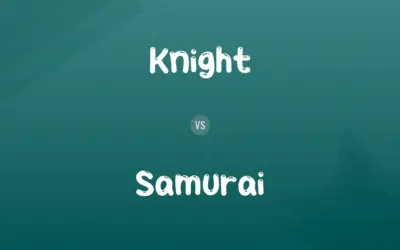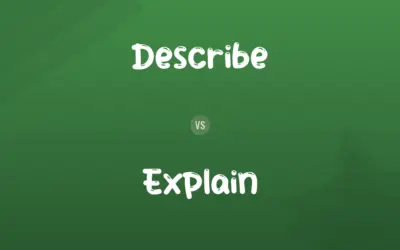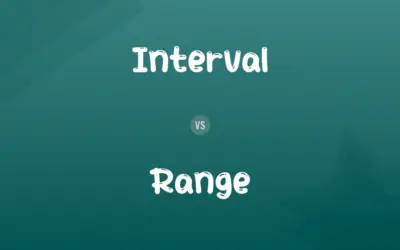Dictator vs. Autocrat: Difference and Comparison
Edited by Muazma Batool — By Muneeza Rehman — Published on March 7, 2024
Dictators impose absolute rule through power consolidation, while autocrats wield unchecked authority, often inherited or self-assumed.
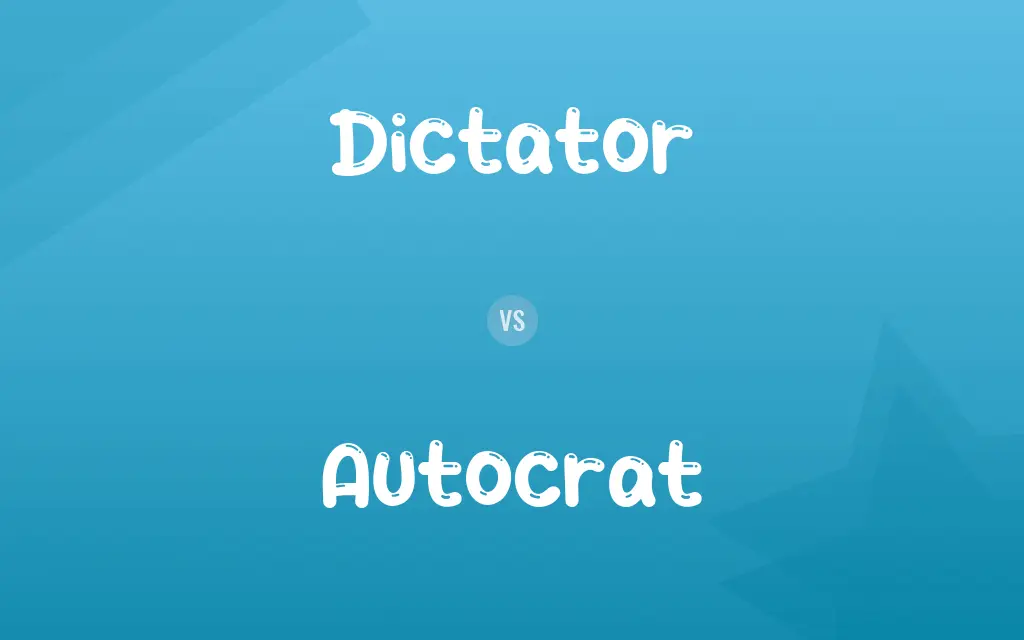
Difference Between Dictator and Autocrat
Dictators and autocrats both centralize power, but their paths to authority differ. A dictator often seizes control, possibly through a coup or revolution, emphasizing the role of force or political maneuvering. In contrast, an autocrat might inherit their position or gradually accumulate power, focusing on the absolute nature of their rule rather than how they attained it.
Muneeza Rehman
Mar 07, 2024
Dictators might justify their rule through ideology or emergency measures, autocrats often rely on tradition, divine right, or personal charisma. This distinction highlights the difference in their legitimacy sources: dictators may claim necessity or popular support, whereas autocrats may invoke historical or natural rights to rule.
Muneeza Rehman
Mar 07, 2024
The scope of power for both can be vast, but dictators often employ more visible mechanisms of control, such as military force or propaganda, to maintain their grip on power. Autocrats, on the other hand, might operate within established systems, subtly manipulating political and social structures to ensure their authority remains unchallenged.
Muneeza Rehman
Mar 07, 2024
Public perception and international recognition can vary significantly between dictators and autocrats. Dictators are often viewed negatively, associated with oppression and human rights abuses. Autocrats might also be viewed critically but can sometimes maintain a veneer of legitimacy or traditional authority, complicating international relations and internal dissent.
Muneeza Rehman
Mar 07, 2024
The transition of power is another point of divergence. Dictatorships often face instability during succession, as the system is built around the individual. In contrast, autocratic regimes might have clearer lines of succession, especially in hereditary systems, lending a degree of stability despite the concentration of power.
Muneeza Rehman
Mar 07, 2024
Dictator vs. Autocrat Comparison Chart
Power Source
Seizure through force, revolution, or political maneuvering
Inheritance, divine right, or self-assumption
Muneeza Rehman
Mar 07, 2024
Legitimacy
Ideology, emergency measures, or claimed popular support
Tradition, divine right, or personal charisma
Muneeza Rehman
Mar 07, 2024
Control Mechanisms
Military force, propaganda, and visible state apparatus
Subtle manipulation of political and social structures
Muneeza Rehman
Mar 07, 2024
Public Perception
Often negative, associated with oppression and human rights abuses
Can be negative but might maintain a veneer of legitimacy
Muneeza Rehman
Mar 07, 2024
Power Transition
Unstable, often lacks clear succession leading to potential conflict
Potentially more stable with clearer lines of succession, especially in hereditary systems
William
Mar 07, 2024
Dictator vs. Autocrat Definitions
◉Dictator
A ruler with total power over a country, typically one who has obtained control by force.
The dictator used the military to maintain his grip on the country.
Muneeza Rehman
Feb 26, 2024
◉Autocrat
A ruler who has absolute power.
The autocrat made decisions without consulting any advisory body.
Muneeza Rehman
Feb 26, 2024
◉Dictator
In historical contexts, a Roman magistrate with supreme authority appointed during emergencies.
In ancient Rome, a dictator was appointed only in times of dire crisis.
Muneeza Rehman
Feb 26, 2024
◉Autocrat
Someone who insists on complete obedience from others; an imperious or dictatorial person.
The CEO was an autocrat who demanded his orders be followed without question.
Henry
Feb 26, 2024
◉Dictator
An authoritarian figure who prioritizes state control over individual freedoms.
Under the dictator's regime, personal liberties were severely curtailed.
Muneeza Rehman
Feb 26, 2024
◉Autocrat
A monarch ruling with supreme authority, often inherited.
The autocrat's lineage had governed the kingdom for centuries.
Leo
Feb 26, 2024
◉Dictator
A person who behaves in an autocratic way.
The manager was known as a dictator for his uncompromising directives.
Elijah
Feb 26, 2024
◉Autocrat
A leader who exercises power with minimal accountability to their subjects or peers.
The autocrat dismissed the parliament to rule without legislative oversight.
Muneeza Rehman
Feb 26, 2024
◉Dictator
A leader who rules with an iron fist, often suppressing dissent and controlling all aspects of life.
The dictator implemented strict censorship to suppress opposition.
Muneeza Rehman
Feb 26, 2024
◉Autocrat
An individual who governs alone, often disregarding democratic principles.
The autocrat abolished fair elections to ensure his indefinite rule.
Levi
Feb 26, 2024
◉Dictator
An ancient Roman magistrate appointed temporarily to deal with an immediate crisis or emergency.
Muneeza Rehman
Feb 26, 2024
◉Autocrat
A title borne by some such monarchs, as in Byzantium and tsarist Russia.
William
Feb 26, 2024
◉Autocrat
Until the 20th century, a favorable description of a ruler who was connected with the concept of lack of conflicts of interest and an indication of grandeur and power.
Muneeza Rehman
Feb 26, 2024
◉Autocrat
An absolute sovereign; a monarch who holds and exercises the powers of government by claim of absolute right, not subject to restriction; as, Autocrat of all the Russias (a title of the Czar).
Leo
Feb 26, 2024
◉Autocrat
One who rules with undisputed sway in any company or relation; a despot.
The autocrat of the breakfast table.
Jonathan
Feb 26, 2024
Dictator vs. Autocrat Frequently Asked Questions
Can a dictator also be an autocrat?
Yes, the terms can overlap if a dictator exercises absolute power without accountability, effectively becoming an autocrat.
Muneeza Rehman
Mar 07, 2024
Is autocracy always hereditary?
While autocracy can be hereditary, especially in monarchies, it can also arise from non-hereditary scenarios where a leader assumes absolute control.
Muneeza Rehman
Mar 07, 2024
How do dictators maintain control?
Dictators often use military force, propaganda, and suppression of dissent to maintain control.
William
Mar 07, 2024
What differentiates a dictator from an autocrat?
A dictator often seizes power through force or political maneuvers, while an autocrat's authority might be inherited or assumed without overt conflict.
Muneeza Rehman
Mar 07, 2024
What legitimizes an autocrat's rule?
Autocrats might derive legitimacy from tradition, divine right, personal charisma, or the perceived natural order of governance.
Muneeza Rehman
Mar 07, 2024
What happens when a dictator dies?
The death of a dictator can lead to power struggles, instability, or the establishment of a new regime, depending on the system's resilience.
Kaitlyn
Mar 07, 2024
Do dictators always come to power through coups?
Not always, but many dictators gain power through coups, revolutions, or exploiting political instability.
Muneeza Rehman
Mar 07, 2024
Are all dictators considered tyrants?
Many dictators are viewed as tyrants due to oppressive rule and human rights abuses, but the term "tyrant" has subjective connotations.
Henry
Mar 07, 2024
Can autocrats implement democratic reforms?
Autocrats can implement democratic reforms, often as a strategy to appease opposition or gain international legitimacy.
Leo
Mar 07, 2024
Can an autocrat have a positive image?
Depending on historical and cultural contexts, some autocrats may maintain a positive image, especially if they bring stability or prosperity.
Muneeza Rehman
Mar 07, 2024
Do dictators have any legal constraints?
In theory, dictators might operate outside or above the law, but in practice, they may create or manipulate laws to justify their actions.
Lucas
Mar 07, 2024
What role does ideology play in a dictator's rule?
Ideology can be central to a dictator's rule, used to justify actions and unite supporters, though it can vary widely among dictators.
Nolan
Mar 07, 2024
Is it possible for a dictator to transition to a democratic leader?
While rare, history contains instances where dictators have transitioned to more democratic forms of leadership, often due to internal or external pressures.
Muneeza Rehman
Mar 07, 2024
How do autocratic regimes handle succession?
Autocratic regimes, especially hereditary ones, often have established succession plans, though non-hereditary autocracies might face challenges.
Jonathan
Mar 07, 2024
How do international relations affect autocratic rule?
International relations can significantly impact autocratic rule, through sanctions, diplomatic pressure, or support from other nations.
Henry
Mar 07, 2024
Content Creators
Written by
Muneeza RehmanAt Comparisons.wiki, Muneeza skillfully navigates the vast sea of information, ensuring clarity and accuracy as the lead content editor. With a keen eye for detail, she curates every comparison to enlighten and engage readers.
Edited by
Muazma BatoolAs a content editor, Muazma Batool is not just a grammar guru but a creative mastermind who breathes life into every word. With an eagle eye for detail and a passion for storytelling, she transforms bland text into engaging content that captivates audiences and drives results.

